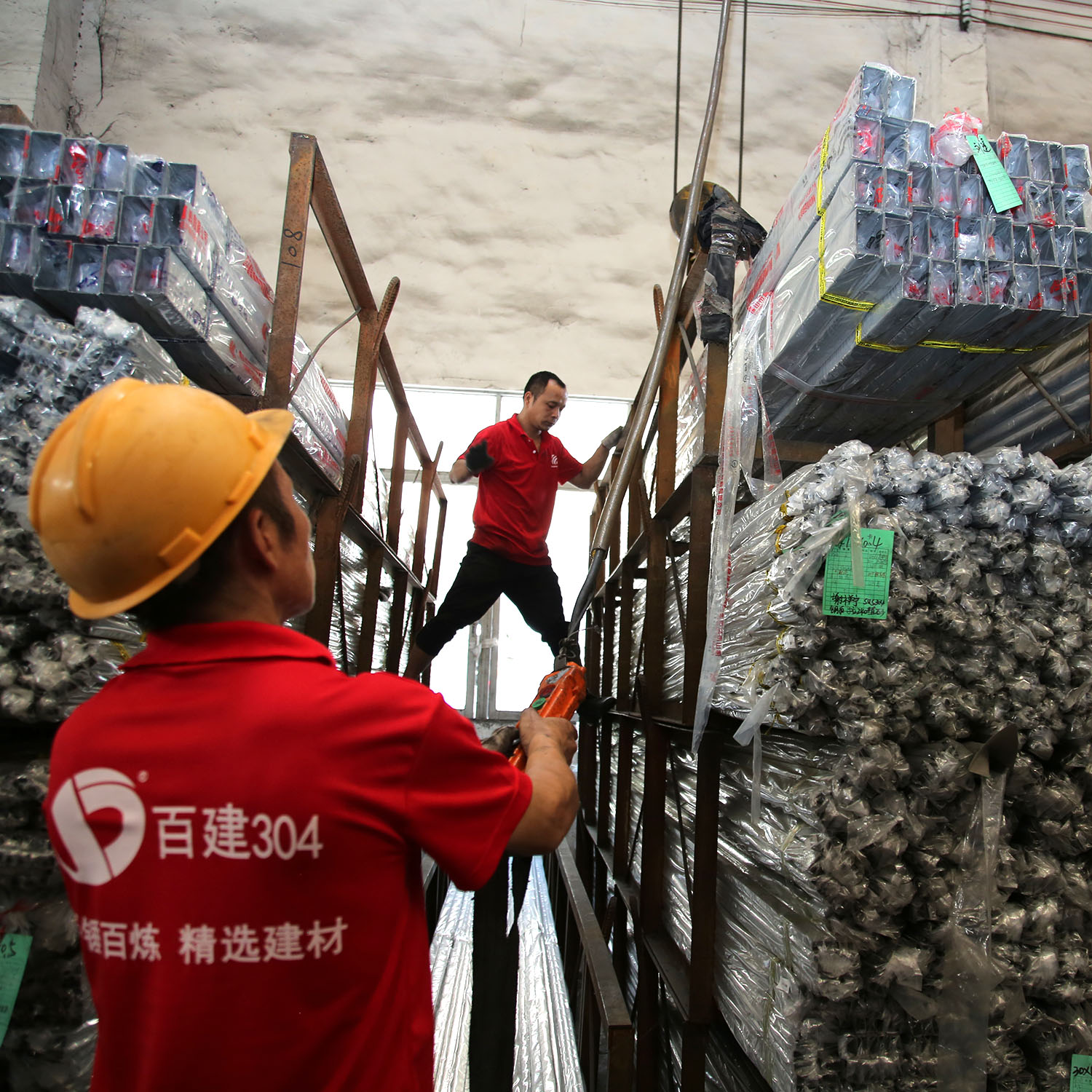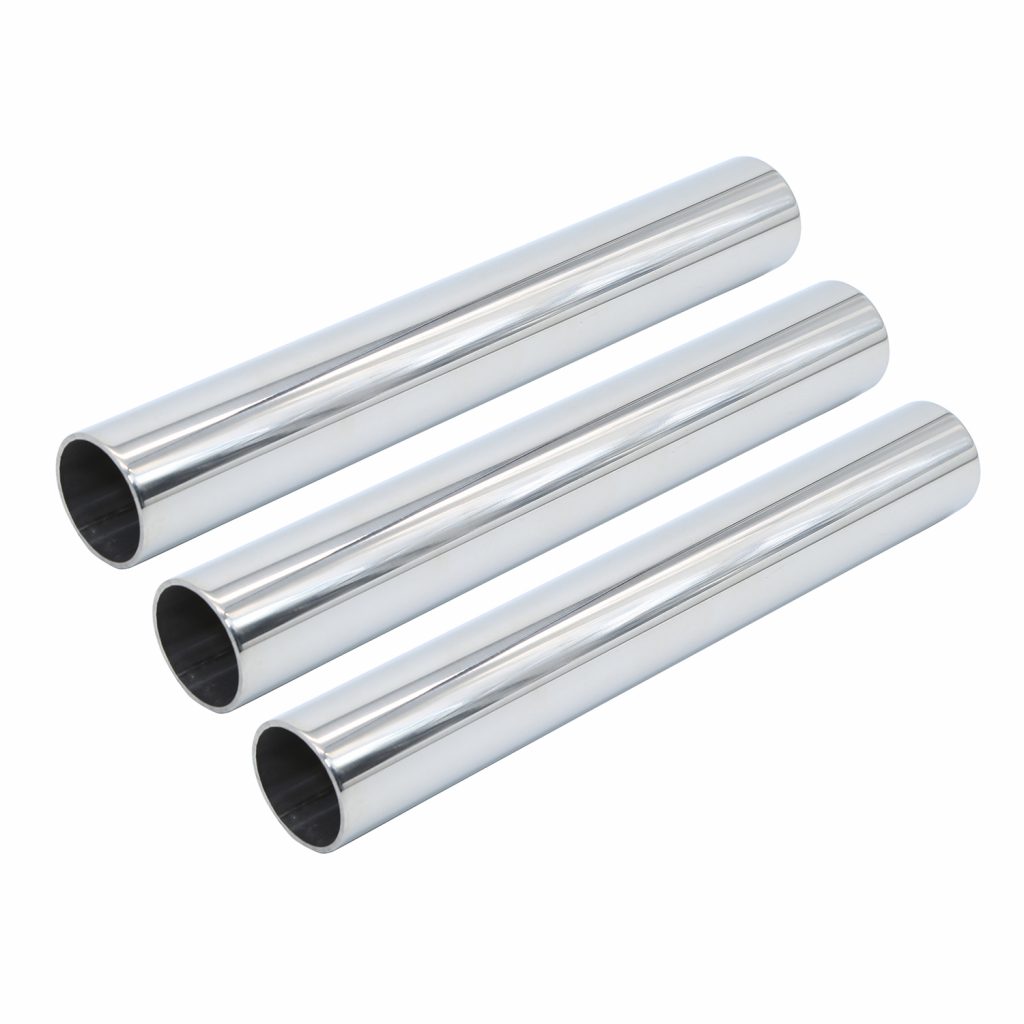Did you know that over 50% of stainless steel produced globally is comprised of austenitic grades, with 304 stainless steel being one of the most prevalent? This remarkable alloy not only boasts exceptional corrosion resistance and mechanical properties but also plays a crucial role in various legal and regulatory contexts.
The Legal Attributes of 304 Stainless Steel Tubes
In general terms, 304 stainless steel tubes are recognized for their versatility and compliance with numerous industry standards. Their legal attributes stem from regulations governing material safety, environmental impact, and trade practices. Notably, these tubes must adhere to Export Control Laws which dictate how materials can be exported based on their potential applications in sensitive industries such as aerospace or military manufacturing. The implications of these laws ensure that while utilizing this material for construction or fabrication purposes remains largely unrestricted domestically, international transactions require stringent oversight.
HengXing Steel’s Compliance with Export Control Laws

HengXing Steel exemplifies adherence to Export Control Laws through its rigorous quality assurance processes and commitment to transparency. By implementing comprehensive tracking systems for all products manufactured—including those made from 304 stainless steel—the company ensures compliance with both national and international regulations. Furthermore, HengXing actively engages in training programs aimed at educating employees about the nuances of export controls relevant to their operations. This proactive approach not only mitigates risks associated with non-compliance but also enhances the company’s reputation within global markets.
The Characteristics of SS Square Tube under Export Control Laws
The following points outline key characteristics regarding ss square tube concerning Export Control Laws:
- Material Classification: SS square tubes fall under specific classifications that determine export eligibility based on intended use.
- User Restrictions: Certain end-users may be prohibited from receiving shipments due to national security concerns.
- Coding Requirements: Proper coding according to Harmonized System (HS) codes is essential for customs clearance during exports.
- Diligence Obligations: Companies must conduct due diligence checks on customers before processing orders involving ss square tubes.
- Sustainability Considerations: Environmental assessments may be required when exporting materials like ss square tube used in eco-sensitive projects.
A Conclusive Overview
This exploration into the realm of 304 stainless steel tubes reveals significant insights into their standing within Export Control Laws frameworks. As we have discussed, while these materials offer unparalleled utility across various sectors, they are subject to strict regulatory scrutiny when it comes to international trade. Understanding these legal parameters is vital for manufacturers like HengXing Steel as well as other stakeholders involved in the supply chain process—ensuring both compliance and sustainability remain at the forefront of industry practices.
